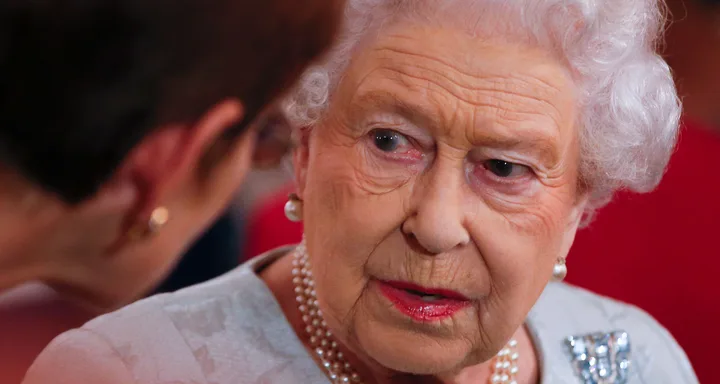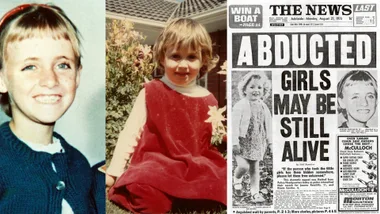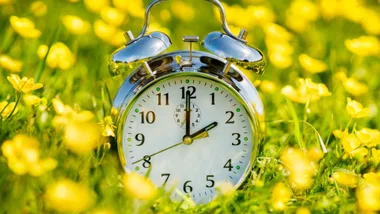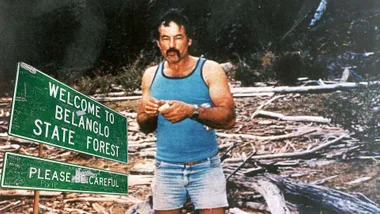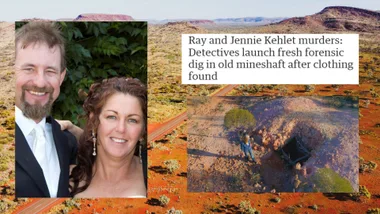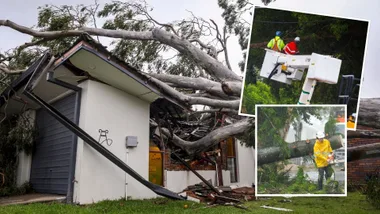It has been revealed that representatives of the British government flew to Australia in the lead-up to the 1975 dismissal of the Whitlam government.
These new allegations have casted doubt on the accepted fact London officials did not play an active role in Australia’s most significant constitutional crisis.
Historian Jenny Hocking discovered files in the British archives showing Sir Michael Palliser, the newly appointed permanent under-secretary of the Foreign and Commonwealth Office, arrived in Canberra a month before the dismissal and held a joint meeting with Sir John Kerr and British High Commissioner, Sir Morrice James.
‘What is in those files is, to my mind, volcanic,’ Professor Hocking, historian at the National Centre for Australian Studies at Monash University, told Fairfax.
‘These are extraordinary materials indicating that the British Foreign and Commonwealth Office and the British High Commission are in discussion about the possibility of interfering in domestic Australian politics, specifically in the half Senate election, in the lead-up to November 1975.’ she continued.
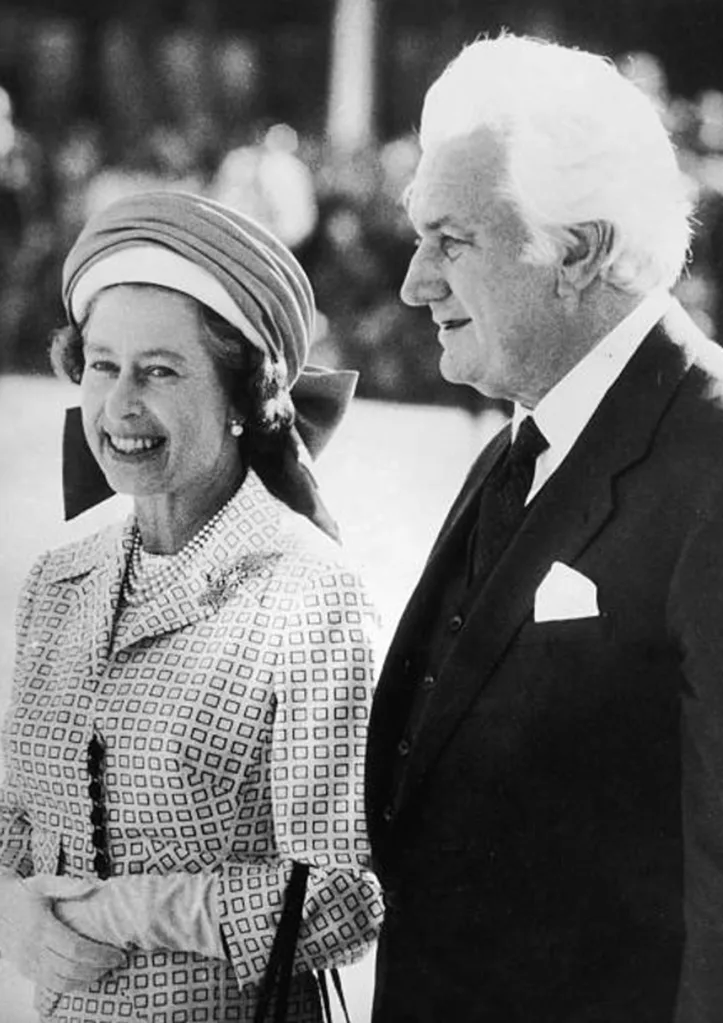
Professor Hocking said although there is no detailed report on the meeting or any correspondence relating to it, there is a draft itinerary to show this ‘planned contact between the head of the Foreign Commonwealth Office and the Queen’s representative in Australia on such a significant date in our political history.’
Hocking believes the Queen was aware of what might happen to the Australian government before it happened, unlike Whitlam who was caught off-guard.
Professor Hocking is also waiting for a Federal Court judgement on her application to have access to what are known as the ‘Palace letters’, the correspondence between Sir John Kerr and Buckingham Palace which she believes will finally reveal just what the Palace knew of Sir John’s intentions in the lead-up to the dismissal.
The letters are held by the National Archives of Australia which has deemed them ‘personal’ rather than official correspondence, not be released until 2027.
They may never be released if Buckingham Palace decides to exercise its power of veto over their release.
‘We need to know what happened at this key time in our history but we also need to look forward to the implications of this for the way we might construct the powers of a head of state when we become a republic,’ Professor Hocking said.
Professor Hocking has since started a campaign to release the documents.
